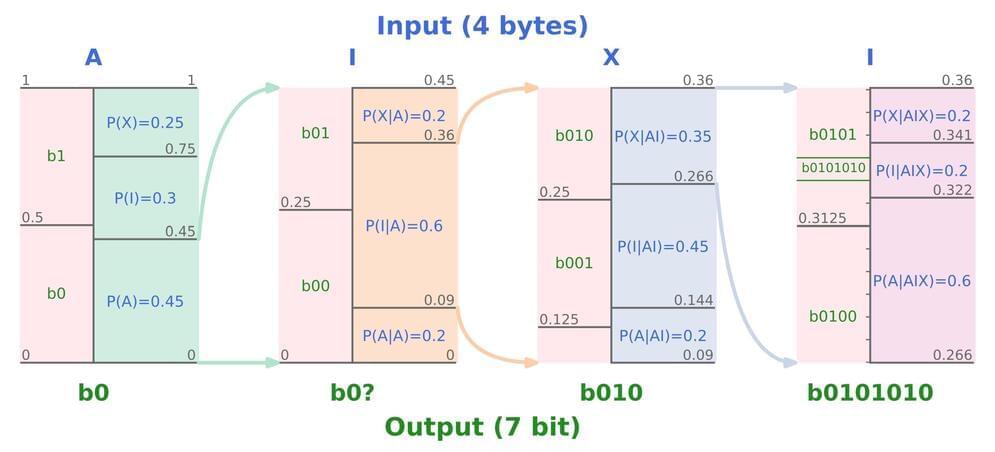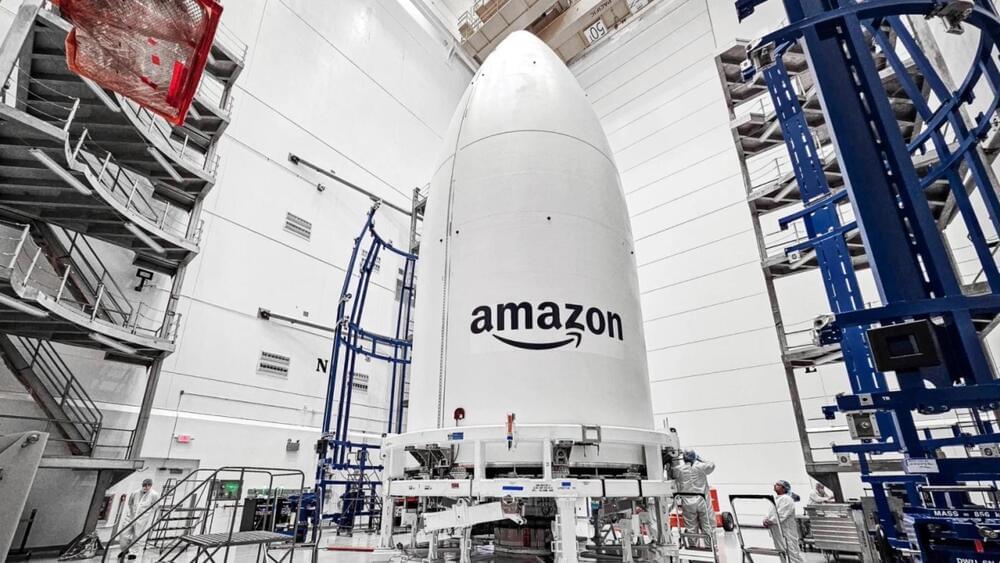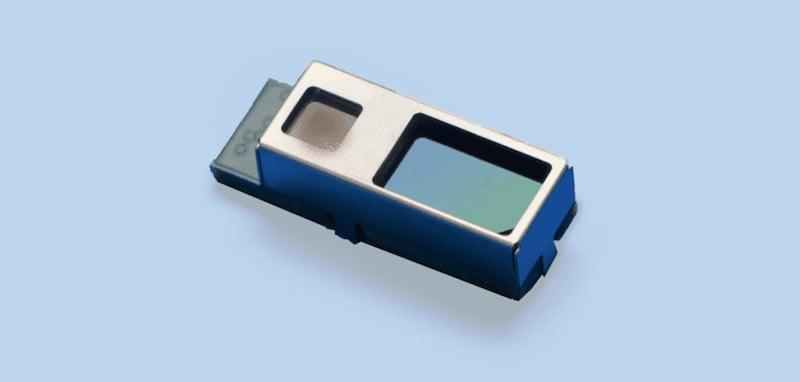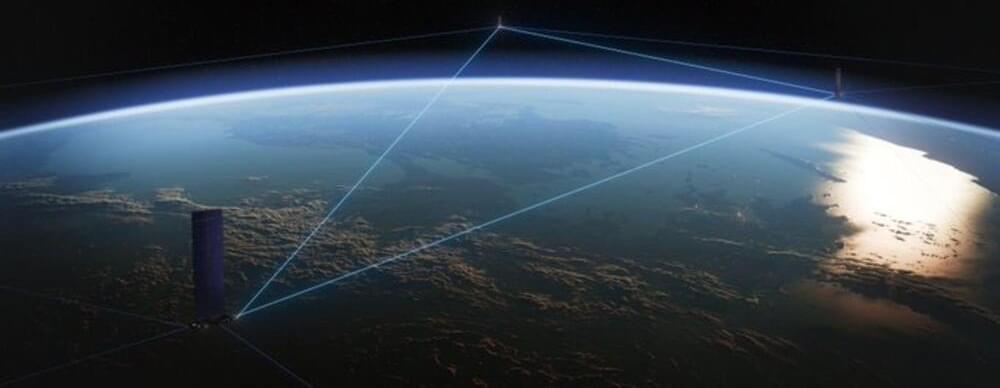This is a risky bet, given the limitations of the technology. Tech companies have not solved some of the persistent problems with AI language models, such as their propensity to make things up or “hallucinate.” But what concerns me the most is that they are a security and privacy disaster, as I wrote earlier this year. Tech companies are putting this deeply flawed tech in the hands of millions of people and allowing AI models access to sensitive information such as their emails, calendars, and private messages. In doing so, they are making us all vulnerable to scams, phishing, and hacks on a massive scale.
I’ve covered the significant security problems with AI language models before. Now that AI assistants have access to personal information and can simultaneously browse the web, they are particularly prone to a type of attack called indirect prompt injection. It’s ridiculously easy to execute, and there is no known fix.
In an indirect prompt injection attack, a third party “alters a website by adding hidden text that is meant to change the AI’s behavior,” as I wrote in April. “Attackers could use social media or email to direct users to websites with these secret prompts. Once that happens, the AI system could be manipulated to let the attacker try to extract people’s credit card information, for example.” With this new generation of AI models plugged into social media and emails, the opportunities for hackers are endless.








